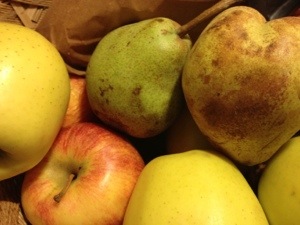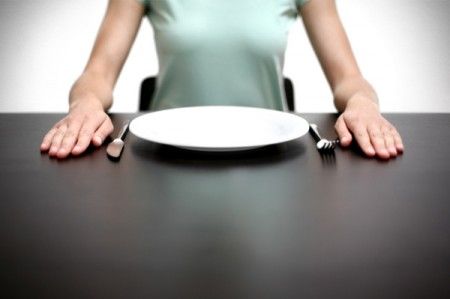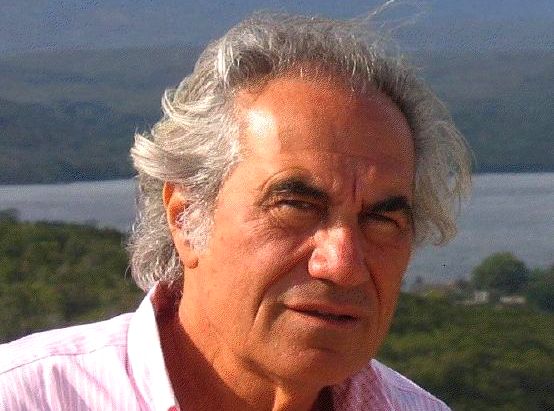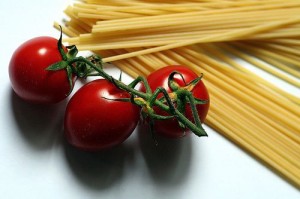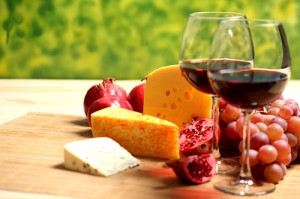VODKA BLAMED FOR HIGH DEATH RATES IN RUSSIA
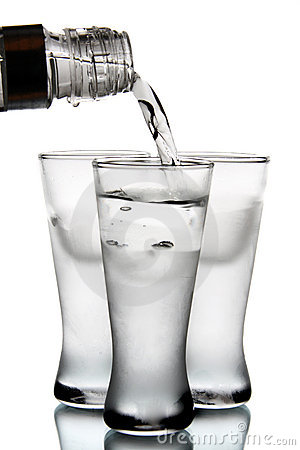 The high number of early deaths in Russia is mainly due to people drinking too much alcohol, particularly vodka, research suggests. The study, in The Lancet, says 25% of Russian men die before they are 55, and most of the deaths are down to alcohol. The comparable UK figure is 7%. Causes of death include liver disease and alcohol poisoning. Many also die in accidents or after getting into fights. The study is thought to be the largest of its kind in the country. Researchers from the Russian Cancer Centre in Moscow, Oxford University in the UK and the World Health Organization International Agency for Research on Cancer, in France, tracked the drinking patterns of 151,000 adults in three Russian cities over up to 10 years. During that time, 8,000 of them died. The researchers also drew on previous studies in which families of 49,000 people who had died were asked about their loved ones’ drinking habits. Study co-author Prof Sir Richard Peto, from the University of Oxford, said: “Russian death rates have fluctuated wildly over the last 30 years as alcohol restrictions and social stability varied under Presidents Gorbachev, Yeltsin, and Putin, and the main thing driving these wild fluctuations in death was vodka.” Binge drinking In 1985, the then Soviet leader Mikhail Gorbachev drastically cut vodka production and did not allow it to be sold before lunch-time. Researchers say alcohol consumption fell by around a quarter when the restrictions came in, and so did overall death rates. Then, when communism collapsed, people started drinking more again and the death rates also rose. There was a huge increase in drinking and they were drinking in a destructive way. They were getting drunk on spirits and then buying and drinking more, producing a big risk of death.” The consumption rates for women also fluctuated according to political events, but they drank less so mortality rates were also lower. Most drinkers were smokers as well which researchers say “aggravated” the death rates. Russia brought in stricter alcohol control measures in 2006, including raising taxes and restricting sales. Researchers say alcohol consumption has fallen by a third since then and the proportion of men dying before they reach 55 years old has fallen from 37% to 25%.
The high number of early deaths in Russia is mainly due to people drinking too much alcohol, particularly vodka, research suggests. The study, in The Lancet, says 25% of Russian men die before they are 55, and most of the deaths are down to alcohol. The comparable UK figure is 7%. Causes of death include liver disease and alcohol poisoning. Many also die in accidents or after getting into fights. The study is thought to be the largest of its kind in the country. Researchers from the Russian Cancer Centre in Moscow, Oxford University in the UK and the World Health Organization International Agency for Research on Cancer, in France, tracked the drinking patterns of 151,000 adults in three Russian cities over up to 10 years. During that time, 8,000 of them died. The researchers also drew on previous studies in which families of 49,000 people who had died were asked about their loved ones’ drinking habits. Study co-author Prof Sir Richard Peto, from the University of Oxford, said: “Russian death rates have fluctuated wildly over the last 30 years as alcohol restrictions and social stability varied under Presidents Gorbachev, Yeltsin, and Putin, and the main thing driving these wild fluctuations in death was vodka.” Binge drinking In 1985, the then Soviet leader Mikhail Gorbachev drastically cut vodka production and did not allow it to be sold before lunch-time. Researchers say alcohol consumption fell by around a quarter when the restrictions came in, and so did overall death rates. Then, when communism collapsed, people started drinking more again and the death rates also rose. There was a huge increase in drinking and they were drinking in a destructive way. They were getting drunk on spirits and then buying and drinking more, producing a big risk of death.” The consumption rates for women also fluctuated according to political events, but they drank less so mortality rates were also lower. Most drinkers were smokers as well which researchers say “aggravated” the death rates. Russia brought in stricter alcohol control measures in 2006, including raising taxes and restricting sales. Researchers say alcohol consumption has fallen by a third since then and the proportion of men dying before they reach 55 years old has fallen from 37% to 25%.
SOURCE BBC NEWS
